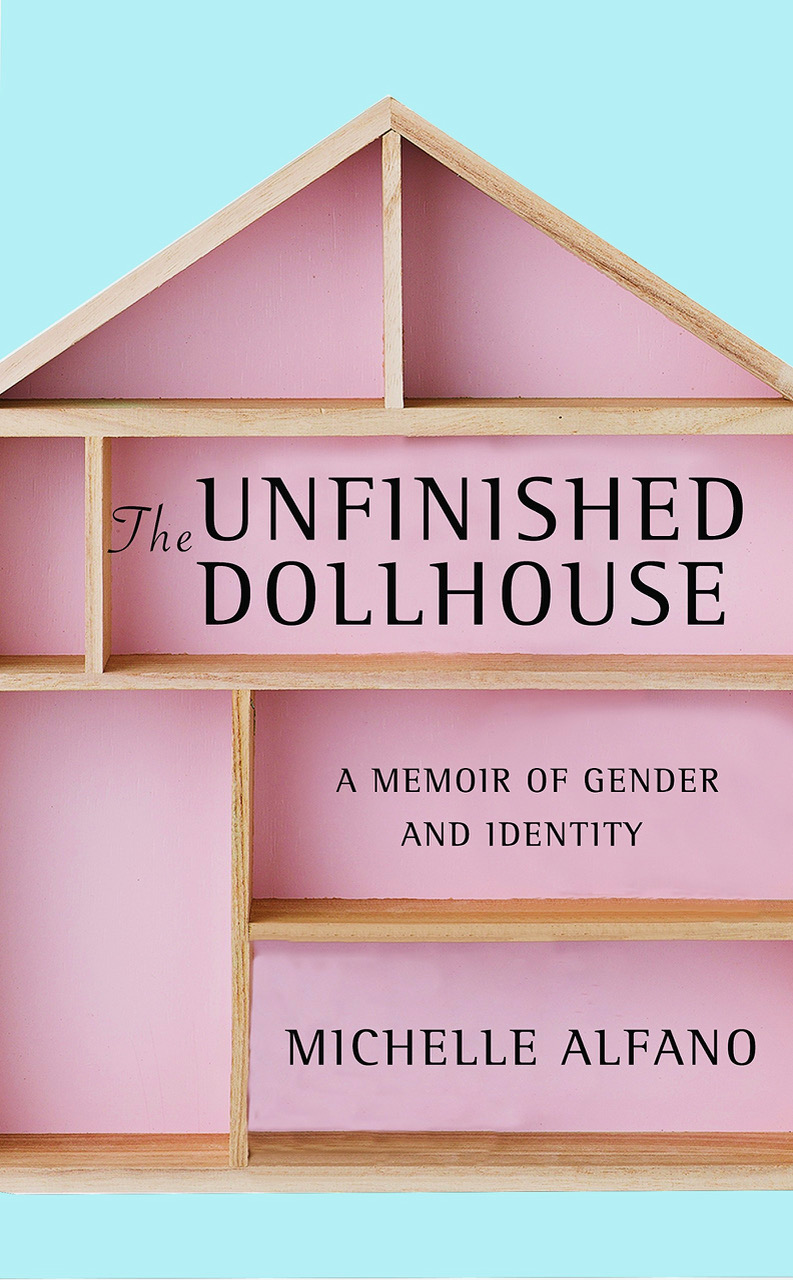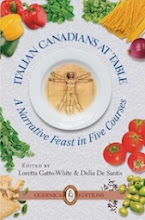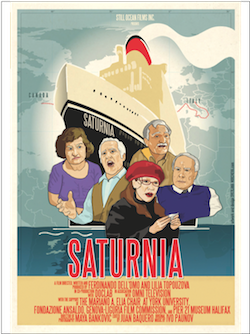 Kicking the Sky by Anthony De Sa (Doubleday, 2013) 316 pages
Kicking the Sky by Anthony De Sa (Doubleday, 2013) 316 pagesIt is difficult to read of the traditional slaughtering of the pig (matanca do porco) by the young Antonio's father and his neighbours - a not uncommon festivity in the Portuguese community - and not think of the horrific killing of Emanuel Jacques in the summer of 1977.
I recall the murder vividly. I had been contemplating, and anxiously anticipating, the time when I would be moving to Toronto to attend university. The sexual assault, torture, and drowning of the 12 year old boy horrified me and reinforced all the fears of the big city that I had been harbouring.
The main character Antonio is very close to Jacques' age, is of Portuguese descent, and lives very close to the Yonge St. strip where the boy was lured, assaulted then drowned in a kitchen sink, his body buried under debris on the roof top of the Charlie's Angels body-rub parlour. For anyone of that age, so close in similarity to the murdered boy (and to the author) this would have had a lasting effect. The proof of this, is this novel.
Antonio occupies a strange and disturbing place in the novel. He is emotionally torn between his desire for James, an enigmatic outsider who is new to the Portuguese community and who befriends Antonio and his young friends, and, his distaste and horror for the men who killed Jacques.
For Antonio the boy's murder is transformative: " ... it seemed like the person I was now was not the person I would've been if Emanuel Jacques had not been murdered."
De Sa carefully balances a depiction of the homophobia that surfaces in the community when the boy is killed with the victimization of men in the neighbourhood who are now targeted because they are gay or male prostitutes. Despite his inner feelings Antonio can't help publicly condemning the "fags" who killed Jacques at school when discussing the events that transpired. In the boy's mind, contact with James and the sexual feeling it elicits, literally brings to mind Emanuel's fate and induces terror in the boy and sometimes even physical illness.
The handsome James has a slightly sinister, if alluring, quality with a tortured familial past - why does he befriend Antonio and his friends, all young boys? Why does he take in the pregnant teenage Agnes who has been take advantage of by her step-father and thrown out of the house? How does he make his money? What is his true motivation with regards to the boys?
There is a defining and infinitely strange moment for Antonio when he thinks he sees the face of Jesus in the shell of a limpet. His father begins to promote the boy as some sort of religious figure and healer who reluctantly captivates the frightened members of the neighbourhood seeking protection and solace in a troubled time. His father sets up a pseudo shrine in the garage where Antonio can offer his "healing" powers for a small fee.
This murder precipitated the massive cleanup of Yonge St. that ensued in the late 1970s. It changed the face of Toronto. It changed the conception of Toronto the Good. Gone (mostly) were the massage and body parlours, gone the strip joints ... A new ferocity was apparent regarding sexual behaviour that was seen to be deviant, abhorrent.
I wish that De Sa had spoken in greater length about the tensions between the Portuguese people from the Azores, the nine volcanic islands that exist almost 1,000 miles outside of mainland Portugal, and the Portuguese people from the mainland. It appears to be similar to the relationship that Sicilians have with mainland Italians - the disdain and condescension feels the same.
 |










No comments:
Post a Comment